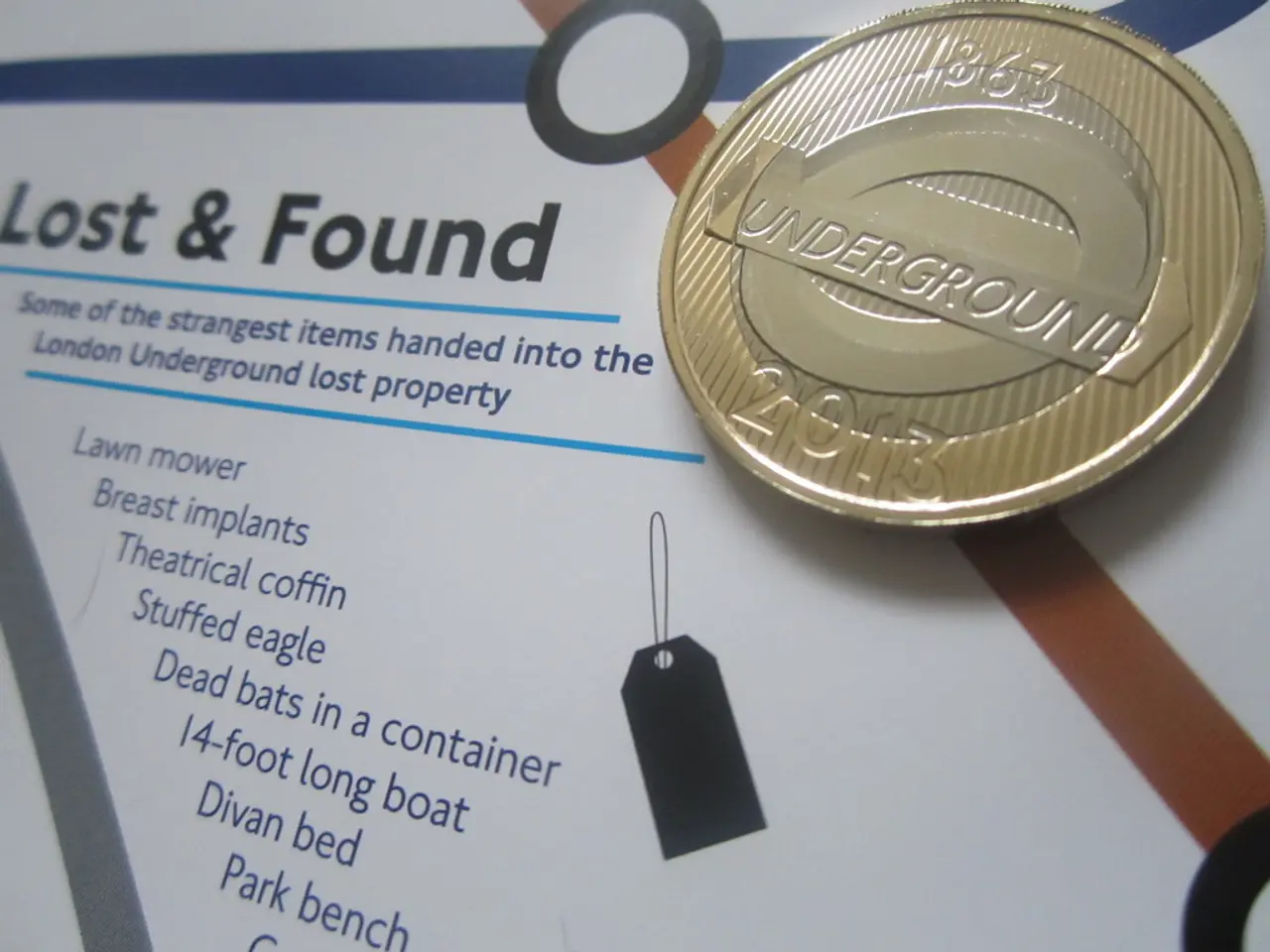International transfers exceeding $1,000 may face mandatory reporting under SBV's latest proposal
Vietnam is taking significant strides in regulating its international financial centers (IFCs) and digital assets. The government, through various ministries and agencies, is drafting a decree to establish a framework for these sectors.
The Supervision of IFCs
The SBV, Ministry of Public Security, Ministry of National Defence, and other relevant ministries and agencies are defined as supervisory authorities for IFCs in the draft decree. Their roles will be instrumental in mitigating policy misuse risks and ensuring a clear distinction between foreign currency transactions within the IFC and those with the rest of Vietnam.
Preferential Policies for Reporting Entities
The draft decree introduces preferential and exceptional policies for reporting entities at IFCs. These entities, which include commercial banks, branches of the SBV, and other participants, will operate under specific guidelines for the use of foreign currencies.
Foreign Currency Transactions
The draft decree outlines the use of foreign currencies by members of Vietnam's IFCs. All foreign currency payments and transfers within the IFC must go through foreign currency payment accounts held at member commercial banks or branches of the SBV, as mandated by the decree.
Anti-Money Laundering Measures
Given the financial openness within IFCs, there must be stringent mechanisms in place to prevent entities from exploiting the IFC or its special policies to launder or legitimise questionable funds. The draft decree outlines responsibilities for reporting entities in IFCs to implement anti-money laundering measures.
Moreover, the draft decree allows reporting entities at IFCs to apply Anti-Money Laundering (AML) measures already in use by their owners or parent banks, if they do not violate existing laws. This provision aims to streamline AML efforts and ensure consistency across entities.
Digital Asset Exchange and Sandbox
The establishment of a digital asset exchange in Vietnam is being explored within a controlled testing mechanism. Major international financial institutions are present across various sectors in Vietnam's IFCs, indicating a growing interest in the digital asset market.
Recently, the Ministry of Finance held a meeting with Ben Zhou, co-founder of Bybit Technology, to discuss the digital asset market. Bybit Technology has shown interest in Vietnam's sandbox on crypto assets, suggesting potential collaboration and investment in the future.
Taxation of Cryptocurrency Assets
The Vietnamese government is considering the feasibility of taxing cryptocurrency assets, as tasked by Prime Minister Pham Minh Chinh at a conference in early 2025. The aim of Vietnam's Law on AML is to ensure normal economic and investment activities, protect legal rights and interests, and prevent abuse of AML policies.
The Law on AML requires all AML efforts to safeguard national sovereignty, territorial integrity, national security, and interests. The SBV is drafting a decree for banking, foreign exchange, and anti-money laundering regulations in Vietnam's international financial centres (IFCs).
In Conclusion
The Vietnamese banking sector is positioning itself at a critical juncture, where innovation, regulation, and risk management must converge regarding digital assets. As the draft decree progresses, it is expected to provide a clearer picture of how Vietnam will navigate the digital asset landscape while maintaining financial stability and security.
Read also:
- Understanding Hemorrhagic Gastroenteritis: Key Facts
- Stopping Osteoporosis Treatment: Timeline Considerations
- Trump's Policies: Tariffs, AI, Surveillance, and Possible Martial Law
- Expanded Community Health Involvement by CK Birla Hospitals, Jaipur, Maintained Through Consistent Outreach Programs Across Rajasthan







